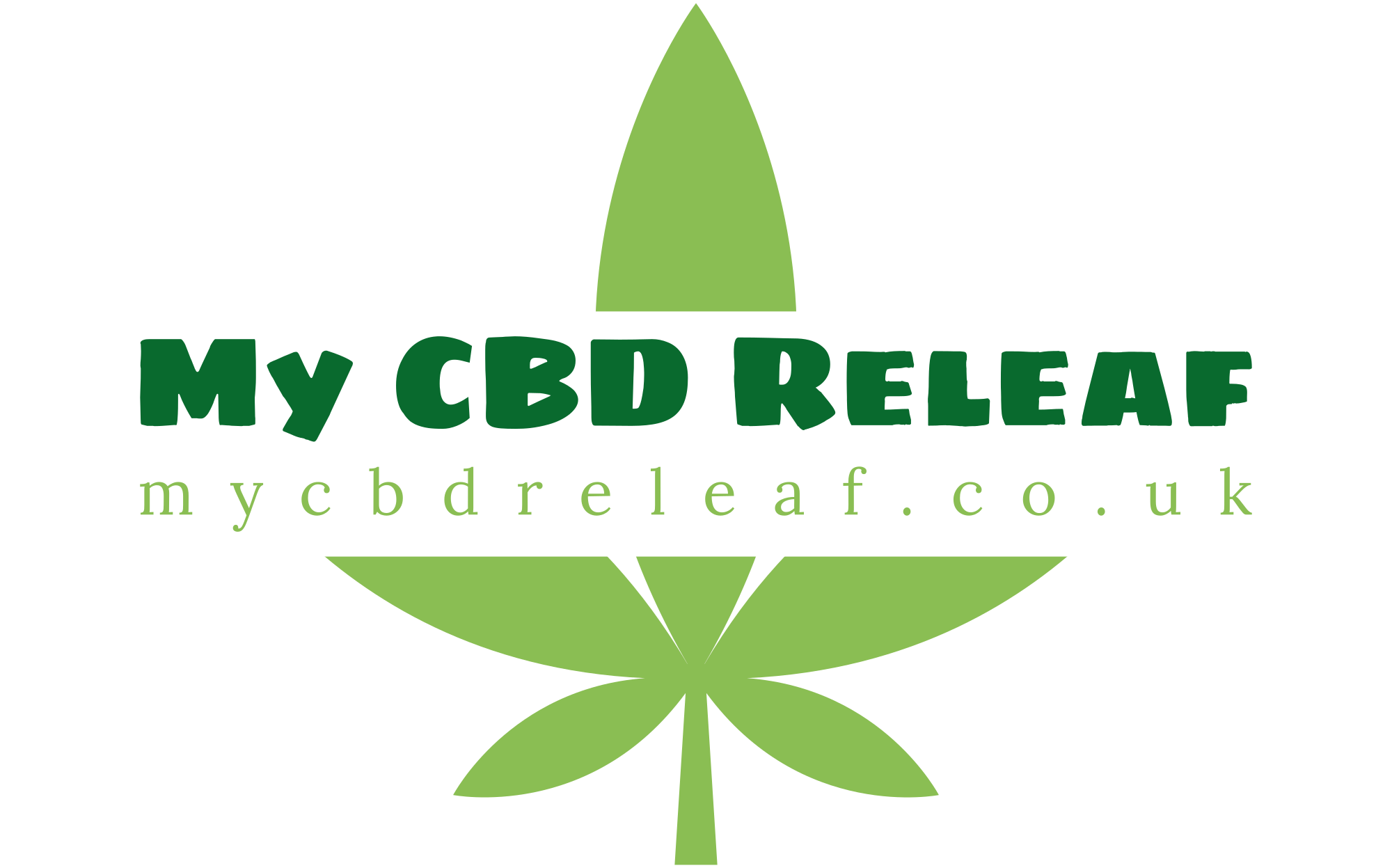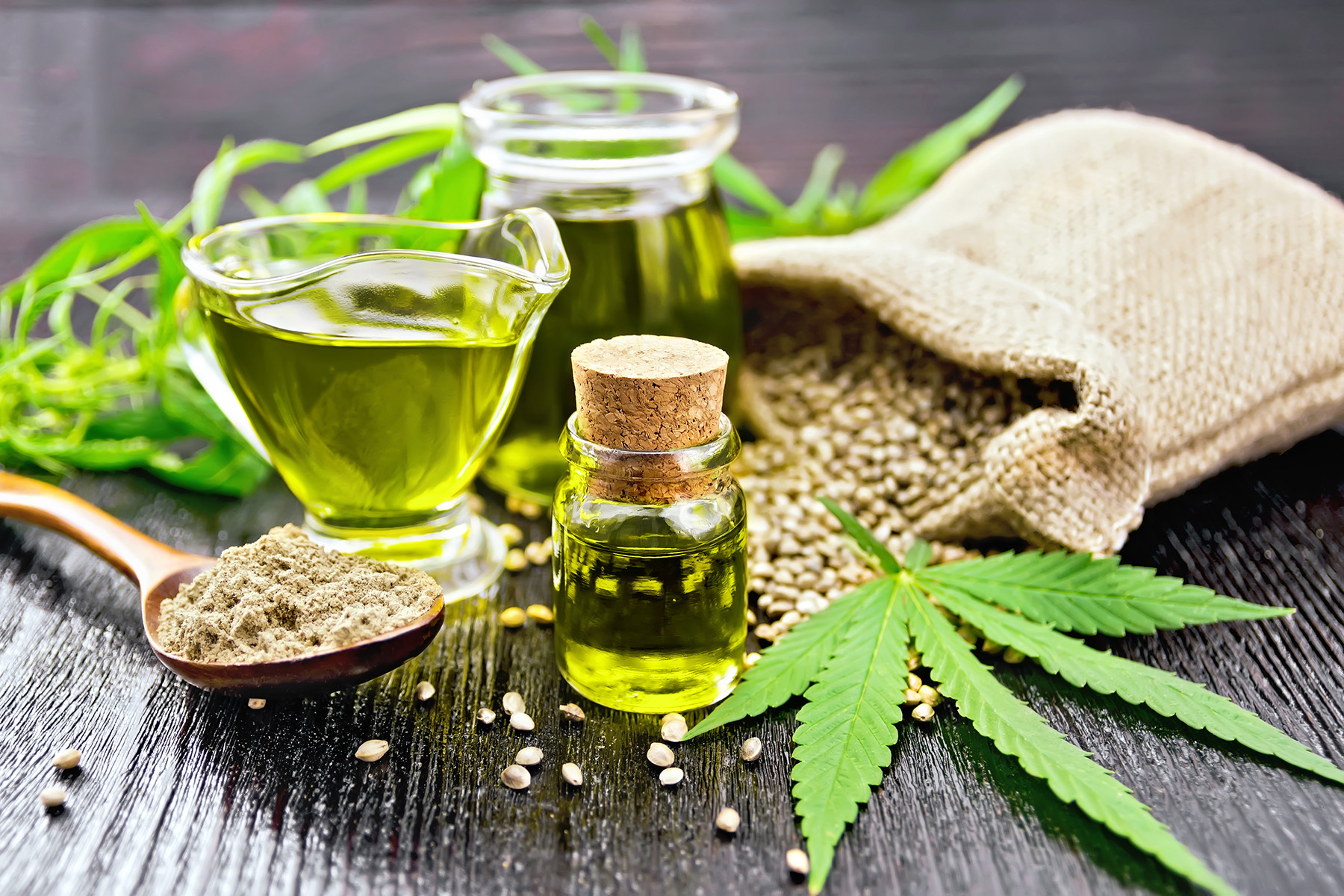What Is Hemp-Derived Delta-10? A Comprehensive Guide
Introduction
The world of cannabinoids has expanded significantly in recent years, with various compounds derived from the hemp plant gaining attention for their potential therapeutic and recreational properties. Delta-10 (Δ10), a hemp-derived cannabinoid, is one such compound that has sparked interest due to its unique effects and potential benefits. In this comprehensive guide, we will explore what hemp-derived Delta-10 is, its origins, chemical properties, potential effects, legal status, and its place in the growing landscape of cannabinoids and hemp-based products.
Introduction to Delta-10 (Δ10)
What Is Delta-10?
Delta-10 (Δ10) is a naturally occurring minor cannabinoid found in the hemp plant. It belongs to the same family of cannabinoids as Delta-9-THC (Δ9-THC) and CBD (cannabidiol) but has distinct chemical properties that set it apart. Delta-10 is present in trace amounts in hemp, making it a relatively lesser-known cannabinoid.
Delta-10 vs. Delta-9-THC
Delta-10 is often compared to Delta-9-THC due to their similar chemical structures and potential psychoactive effects. However, Delta-10 is believed to be less psychoactive and may produce different effects when consumed. These differences in effects are a subject of ongoing research.
Chemical Properties of Delta-10
Molecular Structure
Delta-10 shares a similar molecular structure with Delta-9-THC, consisting of 21 carbon atoms, 30 hydrogen atoms, and 2 oxygen atoms arranged in a specific configuration. The slight differences in their structures are responsible for their differing effects.
Chemical Behavior
Delta-10 interacts with the endocannabinoid system in the body in a manner similar to Delta-9-THC, although the specifics of its interactions are not fully understood. It is believed to bind to CB1 and CB2 receptors, producing potential psychoactive and therapeutic effects.
Origins and Production
Natural Occurrence
Delta-10 is found in trace amounts in hemp plants. It is not typically produced in significant quantities, which has made it relatively rare compared to Delta-9-THC and CBD.
Extraction and Isolation
Due to its limited natural abundance, Delta-10 is often produced through the extraction and isolation of hemp-derived cannabinoids. Extraction methods may involve distillation, chromatography, or chemical conversion from other cannabinoids.
Potential Effects of Delta-10
Psychoactive Effects
Delta-10 is believed to produce psychoactive effects, but they are generally milder and distinct from the intense euphoria associated with Delta-9-THC. Users have reported feelings of relaxation and uplifted mood when consuming Delta-10.
Potential Medicinal Benefits
Research into the potential medicinal benefits of Delta-10 is still in its early stages. Some anecdotal reports suggest that it may help with conditions such as pain, anxiety, and inflammation, but scientific evidence is limited. Ongoing research is needed to better understand its therapeutic potential.
Legality of Delta-10
Federal Legal Status
The legal status of Delta-10 at the federal level in the United States is subject to evolving regulations. While hemp-derived CBD is legal as long as it contains less than 0.3% Delta-9-THC, Delta-10’s legal status is less clear. Some interpretations suggest that it may be treated as a controlled substance, while others argue that it is not explicitly regulated.
State and Local Laws
State and local laws regarding Delta-10 can vary. Some states have explicitly regulated its use and sale, while others have not addressed it in their legislation. It is essential to research and understand the specific laws in your area.
Delta-10 Products and Consumption
Availability
Delta-10 products, including tinctures, edibles, vape cartridges, and concentrates, are becoming more available in the market. They are typically marketed as an alternative to Delta-9-THC products, offering a different experience.
Consumption Methods
Delta-10 can be consumed in various ways, similar to other cannabinoids. These methods include inhalation, oral ingestion, and topical application. The choice of consumption method may affect the onset and duration of effects.
Safety and Considerations
Dosage and Tolerance
As with any cannabinoid, it is essential to start with a low dose when trying Delta-10 for the first time. Individual tolerance and sensitivity can vary, so it’s advisable to proceed with caution.
Risks and Side Effects
While Delta-10 is believed to produce milder psychoactive effects than Delta-9-THC, it can still have side effects, such as increased heart rate, dry mouth, and potential anxiety or paranoia, especially at higher doses.
Conclusion
Delta-10 (Δ10) is a relatively lesser-known cannabinoid with unique properties and potential effects. As the cannabinoid landscape continues to evolve and expand, Delta-10 adds to the diversity of compounds derived from the hemp plant. However, it is essential to be aware of the legal status of Delta-10 in your area and exercise caution when consuming it, especially if you are new to cannabinoids or have limited experience with psychoactive substances. Ongoing research will likely provide more insights into the effects and potential therapeutic applications of Delta-10, further shaping its role in the world of cannabinoids and hemp-derived products.

